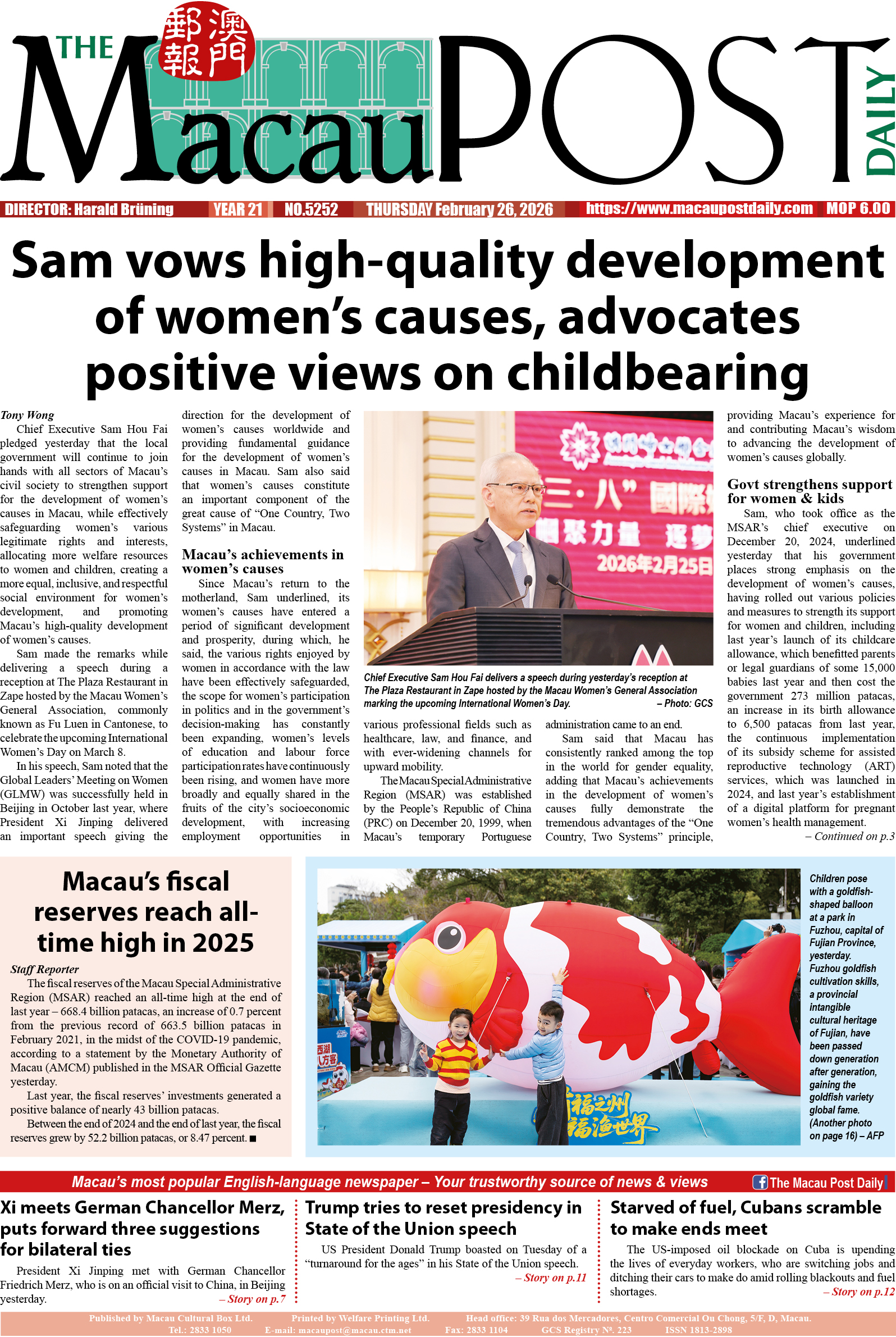China Daily Editorial
Japanese Foreign Minister Yoshimasa Hayashi’s visit to China, the first by a top Japanese diplomat in three years, presented a good opportunity for Tokyo to repair relations with Beijing. As close neighbors with deep economic and people-to-people ties, Tokyo has everything to gain from working with Beijing to keep bilateral ties on the right track.
Premier Li Qiang, Wang Yi, director of the Office of the Foreign Affairs Commission of the Communist Party of China Central Committee, and State Councilor and Foreign Minister Qin Gang all separately met with Hayashi on Sunday, indicating the importance China attaches to improving relations with its neighbor.
However, the recent upturn in their relations has encountered headwinds, which have not only set obstacles for deepening cooperation between the two countries but also disrupted their normal cooperation on multilateral platforms.
These headwinds stem from Tokyo’s blind following of Washington’s lead in containing China’s development, which presents an increasing challenge to China-Japan ties. From enthusiastically echoing Washington’s fueling of tensions and stoking of confrontation to complying with its demand to suppress Chinese technology, Tokyo has become a pawn in the US’ strategic competition against China.
Prior to Hayashi’s visit, the Japanese Ministry of Economy, Trade, and Industry announced that starting from July, Japan will impose export restrictions on 23 types of chip manufacturing equipment in six categories to “prevent countries that pose a military threat from getting access to advanced Japanese technology”. The decision bears the imprint of the US’ hand.
By waging its “chip war” against China, the US is not only disrupting normal international cooperation but also creating an unprecedentedly challenging environment for the entire industry, as it is one of the most globalized industries. No country, Japan included, will emerge as a winner in the US chip war.
Japan should not forget that it, too, used to be a victim of similar US coercion. In the late 1980s, viewing Japan’s booming semiconductor industry as a threat, Washington resorted to a slew of measures including trade sanctions to hammer Japanese companies. As a result, Japan lost its semiconductor edge to the US.
As an Asian country, Japan should know that serving as a strategic chess piece in the US’ global and regional playbook is tantamount to bringing a wolf to the door. It should join hands with countries in the region to build a more stable and peaceful environment instead.
Hayashi said Japan is willing to work with China to implement the important consensuses reached by the leaders of the two countries and build constructive and stable bilateral relations. But it needs to do more to translate such words into action.
– Courtesy of China Daily







